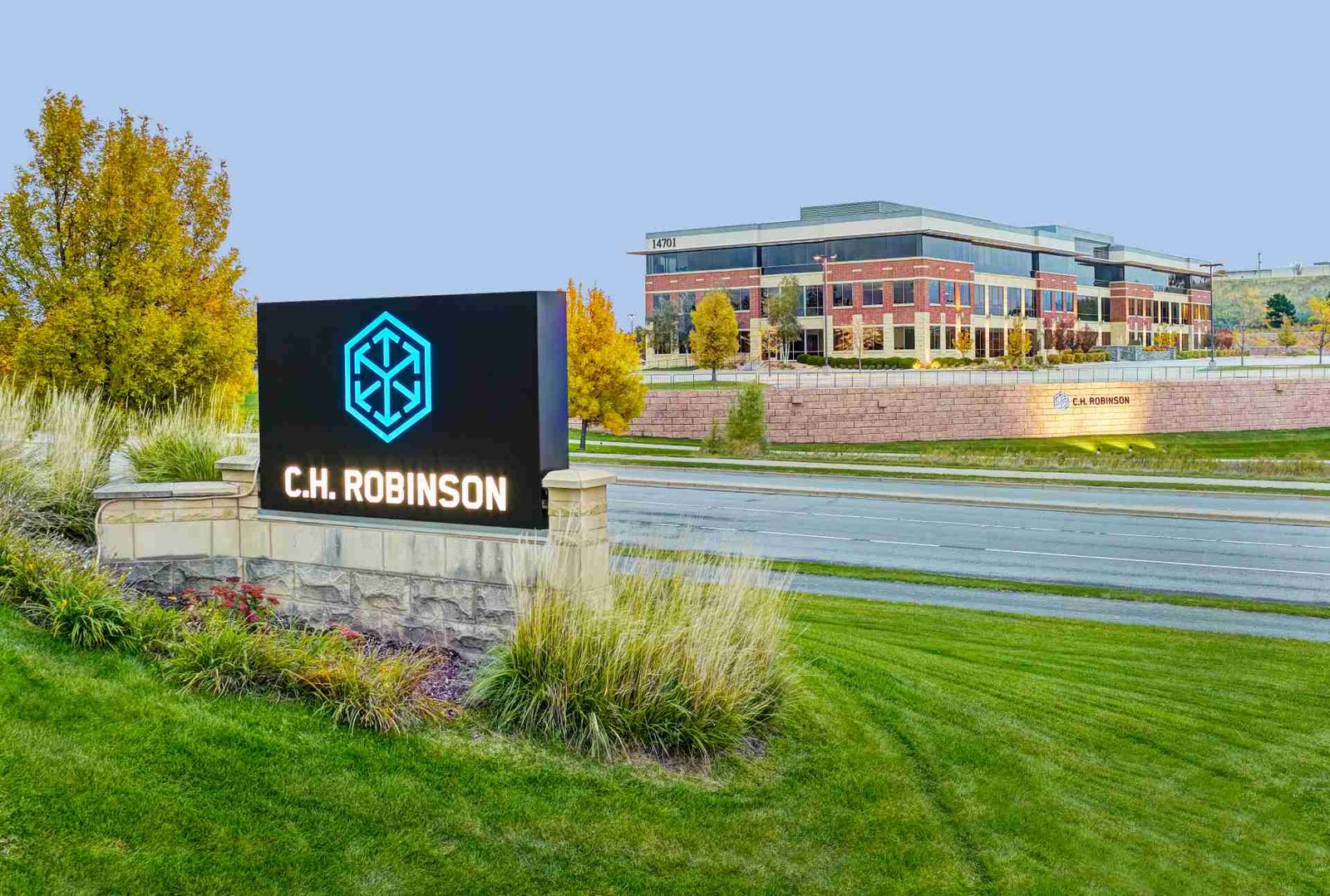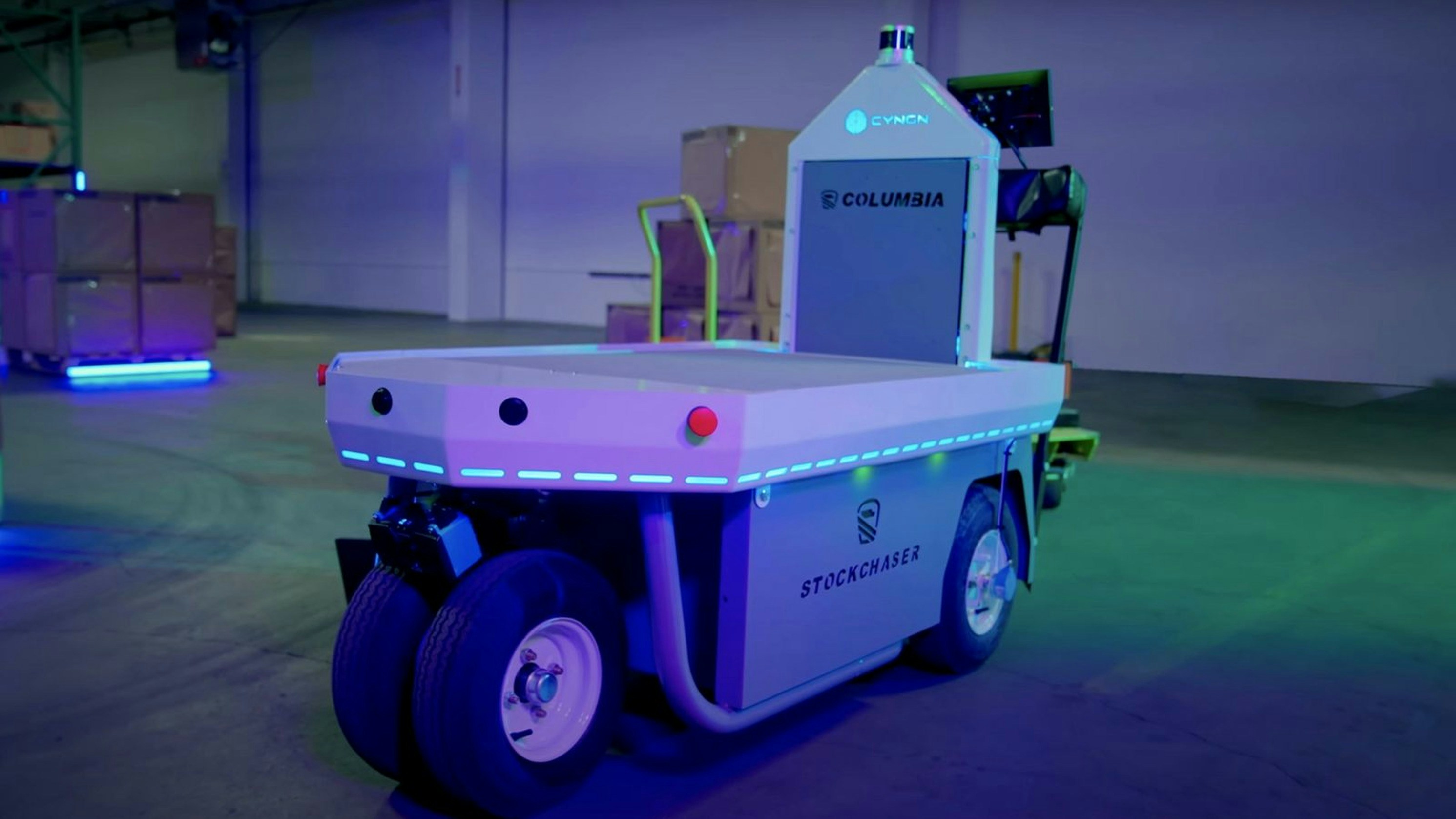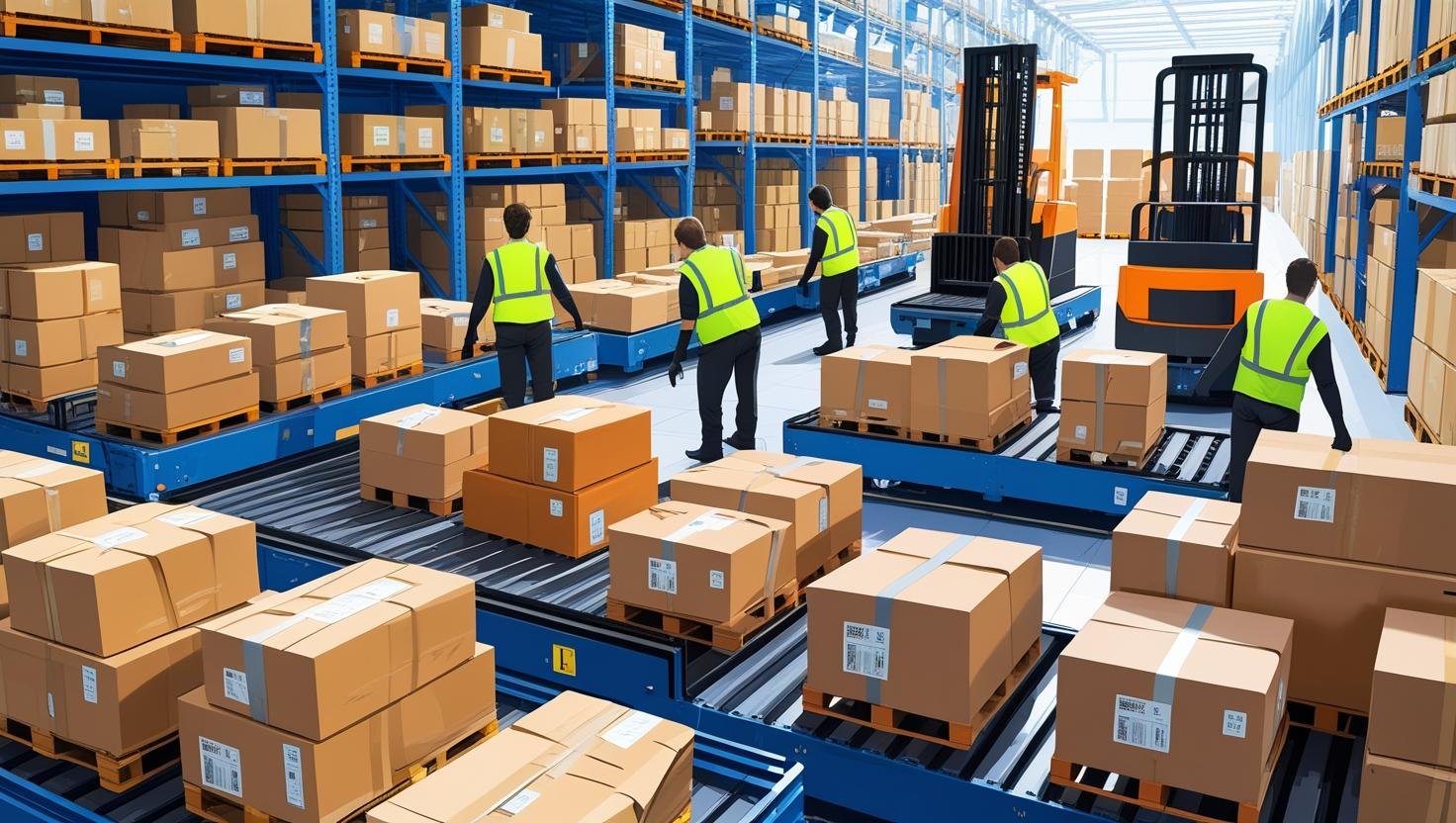Global logistics giant Maersk just made a major move in South America — and it’s one that could seriously streamline the way fresh produce gets from Bolivia to the rest of the world.
On July 9, Maersk announced the launch of a new integrated cold storage and packing facility in Santa Cruz, Bolivia. This isn’t just another warehouse — it’s a full-service hub designed to handle everything from sorting and packing to temperature-controlled storage and transportation, all under one roof.
Why does this matter? Because it could drastically simplify supply chains for exporters of fruits and vegetables in one of Bolivia’s most important agricultural regions.
End-to-End Logistics, Simplified
Traditionally, exporting perishables can be a logistical headache. Products move between multiple vendors for cleaning, packing, cooling, and shipping — which increases the risk of delays, temperature fluctuations, and product loss.
Maersk’s new facility flips the script. By consolidating these steps into a single location, the company is cutting down on handoffs, reducing handling time, and helping ensure that produce stays fresher, longer.
That’s especially important for Bolivia’s top exports like mangoes, avocados, and bananas, which all require careful temperature management and quick transport to global markets.
A Boost for Bolivia’s Exporters
The Santa Cruz location wasn’t chosen by accident. It’s the heart of Bolivia’s agricultural activity and a key area for the country’s export economy.
With this new hub, local producers now have access to a world-class logistics facility right on their doorstep. That means better access to international markets, fewer losses, and potentially higher profits — all while ensuring their goods meet global quality standards.
Sandra Patiño, Maersk’s Country Manager in Bolivia, put it simply: “By combining packing and cold storage into a single logistics hub, we’re not only increasing operational efficiency but also enabling our customers to ensure their fresh products reach international markets in peak condition.”
Part of a Bigger Strategy
This isn’t a one-off project. The new facility in Bolivia is part of Maersk’s larger investment in cold chain infrastructure throughout Latin America. Similar hubs are already operating in Peru, Chile, and Colombia, aimed at supporting both regional growers and the growing global demand for fresh, high-quality produce.
What sets this facility apart is its technology. From smart temperature monitoring to real-time tracking through Maersk’s digital platforms, customers get full visibility and control of their shipments every step of the way.
What This Means for the Industry
As global supply chains become more complex and consumer expectations for fresh food continue to rise, integrated logistics solutions like this are becoming essential. Maersk’s Santa Cruz hub is a strong example of how innovation in infrastructure and logistics can empower local economies while improving outcomes for everyone along the supply chain.
So whether you’re in the produce business, global logistics, or just love seeing smarter solutions come to life — this is one development worth watching.
Want to learn more about how Maersk is transforming global logistics? Check out the full press release here.



